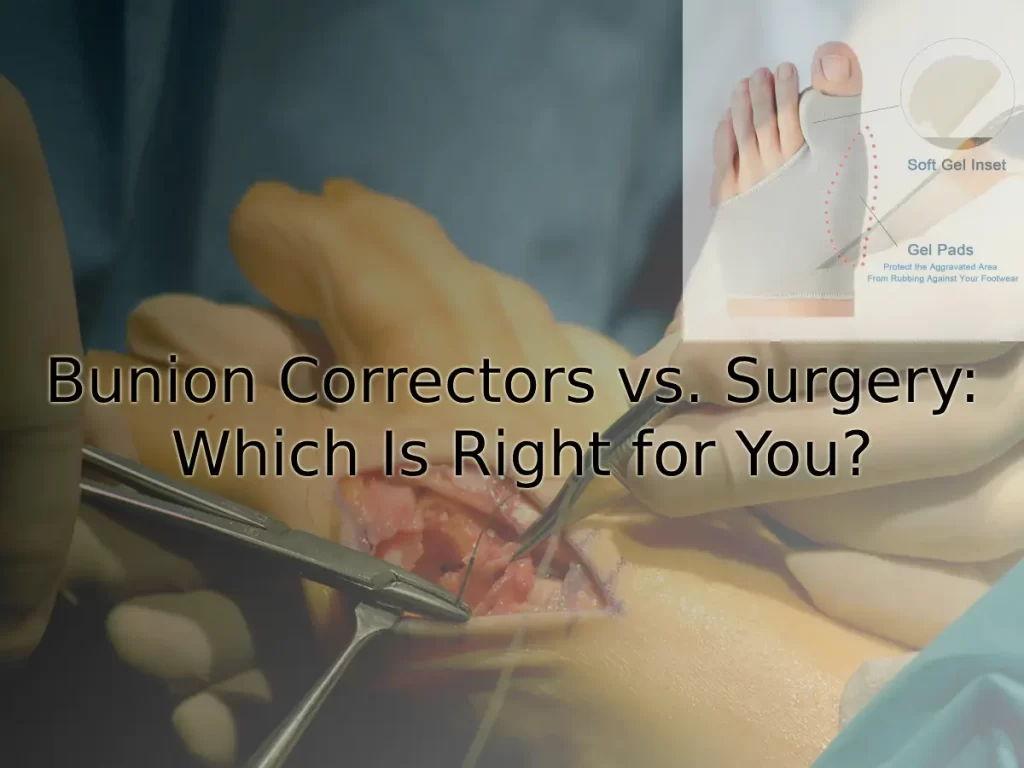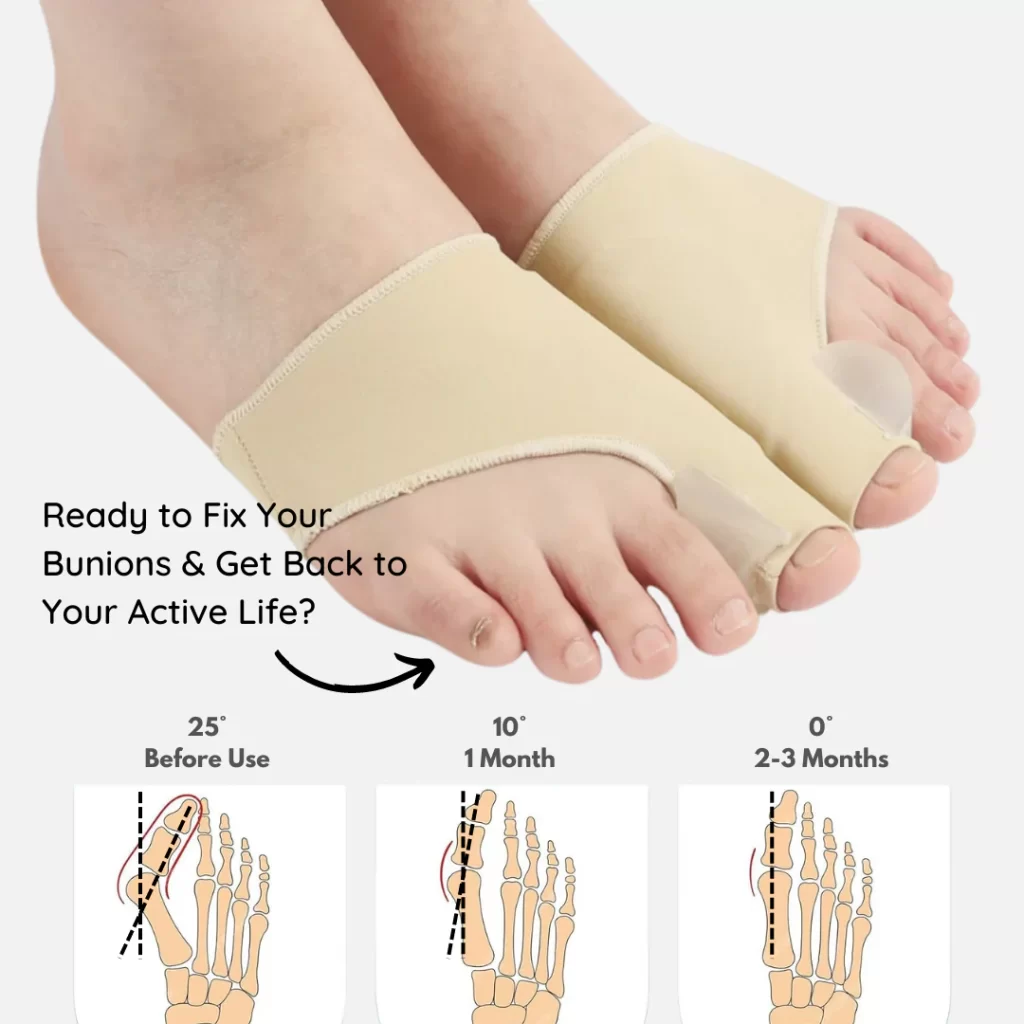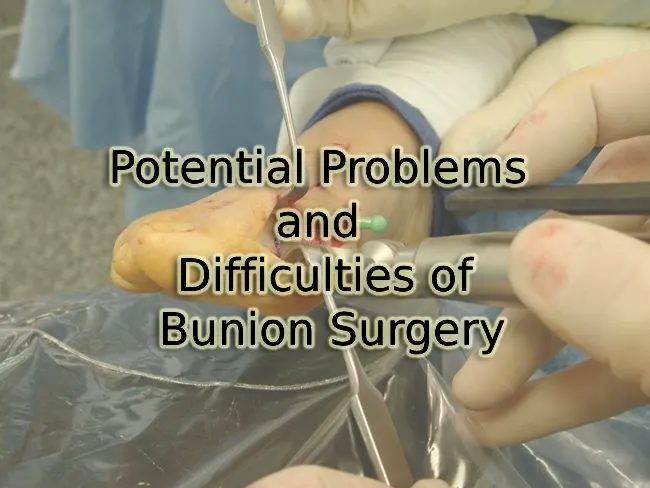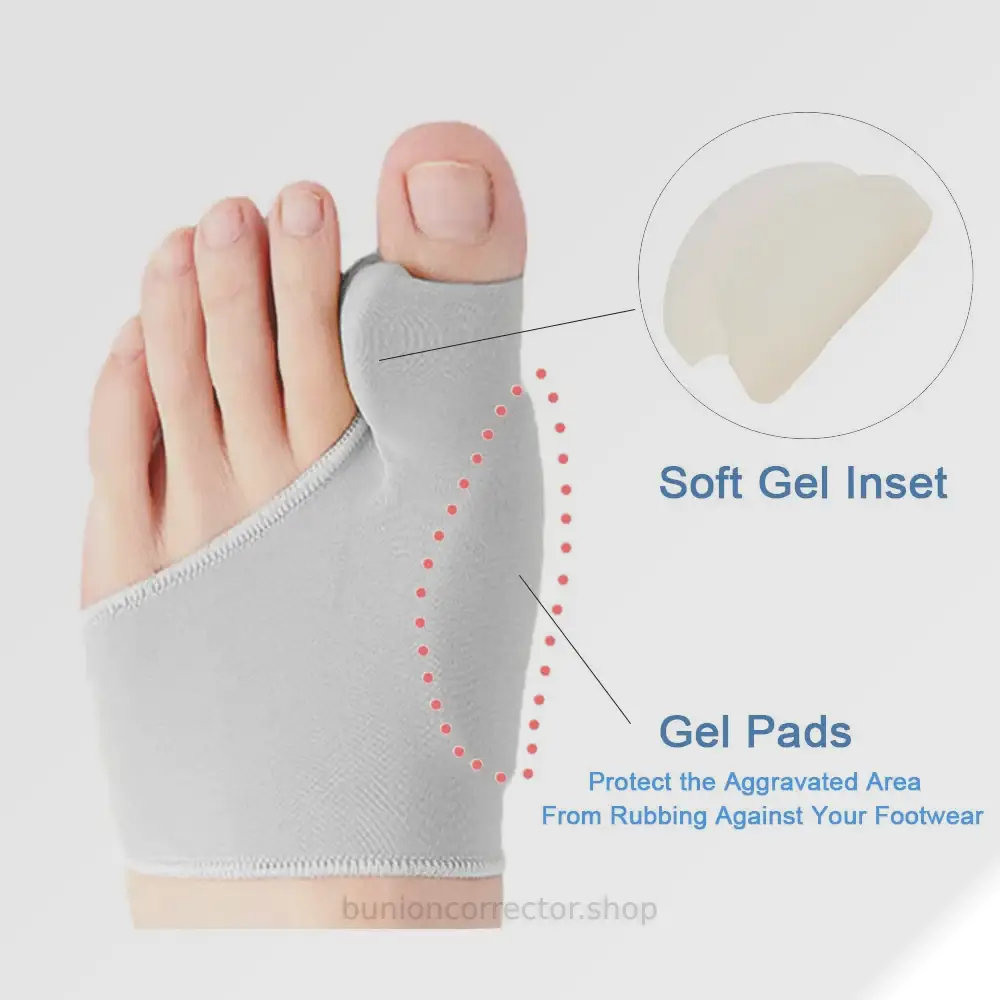Bunions can be a source of discomfort and pain for many people. They often develop slowly over time, and if left untreated, they can interfere with daily activities. When it comes to dealing with bunions, two common solutions are bunion correctors and surgery. But how do you know which option is best for you? In this blog post, we will explore both methods in detail to help you make an informed decision.

What Are Bunions?
A bunion is a bony bump that forms on the joint at the base of the big toe. It occurs when the bones in the front part of the foot shift out of place, causing the big toe to lean towards the other toes. Over time, this misalignment leads to the development of a painful bump on the side of the foot.
Common Symptoms of Bunions:
- Pain and tenderness in the affected area
- Swelling around the joint
- Calluses on the side of the foot
- Difficulty walking or wearing shoes
Bunions are often caused by genetics, foot injuries, or wearing tight, narrow shoes that put pressure on the toes. The key to managing bunions is addressing the discomfort and preventing them from worsening. But should you opt for non-invasive methods like bunion correctors, or consider surgery? Let’s dive into both options.
Understanding Bunion Correctors
What Are Bunion Correctors?
Bunion correctors are devices designed to help realign the big toe and reduce pressure on the bunion. They come in various forms, such as splints, toe spacers, and bunion pads. These devices are typically worn at night or during the day while resting, and they aim to gradually improve the alignment of the foot over time.
Benefits of Bunion Correctors
- Non-Invasive
Bunion correctors are a non-surgical option, meaning there’s no need to undergo anesthesia or spend time recovering from an operation. This makes them an appealing choice for those looking for a more conservative approach. - Pain Relief
While bunion correctors may not permanently reverse the bunion, they can provide significant pain relief by reducing pressure on the affected area and improving toe alignment. - Cost-Effective
Bunion correctors are much less expensive than surgery. They can be purchased online or at pharmacies, and they offer an affordable alternative for managing mild to moderate bunions. - Convenient
These devices can be used at home, making it easy to incorporate them into your daily routine. Many people find that bunion correctors allow them to continue with their regular activities without discomfort.

Limitations of Bunion Correctors
While bunion correctors are helpful for managing symptoms, they are not a permanent solution. They work best for individuals with mild to moderate bunions. If your bunion is severe, the effectiveness of a corrector may be limited.
Surgery for Bunions
What Is Bunion Surgery?
Bunion surgery, also known as a bunionectomy, is a procedure that involves removing the bunion and realigning the bones in your foot to restore proper function. There are several types of bunion surgery, and the specific procedure will depend on the severity of your bunion and your individual needs.
Benefits of Bunion Surgery
- Permanent Solution
Surgery provides a long-lasting solution to bunions by addressing the root cause of the problem. Once the bunion is removed and the foot is realigned, there’s a reduced chance of the bunion returning. - Improved Mobility
After surgery and recovery, many people experience an improvement in their ability to walk and wear shoes comfortably, as the painful bump is no longer there. - Customizable Approach
There are different types of bunion surgery, and your surgeon can recommend the best option based on your foot structure and severity of the bunion. This ensures a tailored approach to your condition.

Risks and Drawbacks of Surgery
- Recovery Time
Surgery typically requires a recovery period, during which you’ll need to rest and limit physical activity. This recovery can range from several weeks to a few months, depending on the complexity of the procedure. - Cost
Bunion surgery can be expensive, especially if your health insurance does not fully cover the procedure. It’s important to consider both the surgical and post-operative care costs. - Potential Complications
As with any surgical procedure, there are risks involved, such as infection, scarring, or nerve damage. Additionally, there’s a small chance that the bunion could recur in the future.
How to Decide: Bunion Corrector vs. Surgery
Factors to Consider
- Severity of the Bunion
If your bunion is mild to moderate and doesn’t significantly interfere with your day-to-day activities, a bunion corrector may be the right choice. However, if your bunion is severe or causing significant pain, surgery might be the better option. - Personal Preference
Some people prefer to avoid surgery unless absolutely necessary. If you’re looking for a non-invasive option, a bunion corrector provides an easy, low-risk alternative. On the other hand, if you’re seeking a permanent solution, surgery could offer the relief you need. - Lifestyle Considerations
Think about your lifestyle. If you’re active or spend long hours on your feet, you may want to opt for surgery to address the problem once and for all. If you have more flexibility and can manage your symptoms with a corrector, that might be a more convenient choice. - Financial Costs
Surgery can be costly, and the recovery time could affect your ability to work or participate in regular activities. Bunion correctors are more affordable, but they may require ongoing use to maintain results.
Consulting with a Professional
It’s essential to talk to a healthcare professional before deciding between bunion correctors or surgery. A doctor can evaluate your condition and recommend the best treatment based on your specific situation. They can also explain the risks, benefits, and expected outcomes of each option.
Conclusion: Which Is Right for You?
Both bunion correctors and surgery have their place in bunion treatment. For those with mild symptoms, a bunion corrector can offer relief without the need for an invasive procedure. However, if your bunion is causing severe pain or impairing your mobility, surgery might be the best option for long-term relief.

Ultimately, the right choice depends on your symptoms, preferences, and lifestyle. To explore more about non-invasive solutions, check out our Bunion Corrector Shop for the world’s No.1 bunion corrector options. Additionally, consult your doctor to get personalized advice on the best course of action for your bunion treatment.
If you’re interested in learning more about bunion surgery, you may want to visit trusted medical resources such as the American Academy of Orthopedic Surgeons to get detailed insights on surgical procedures.